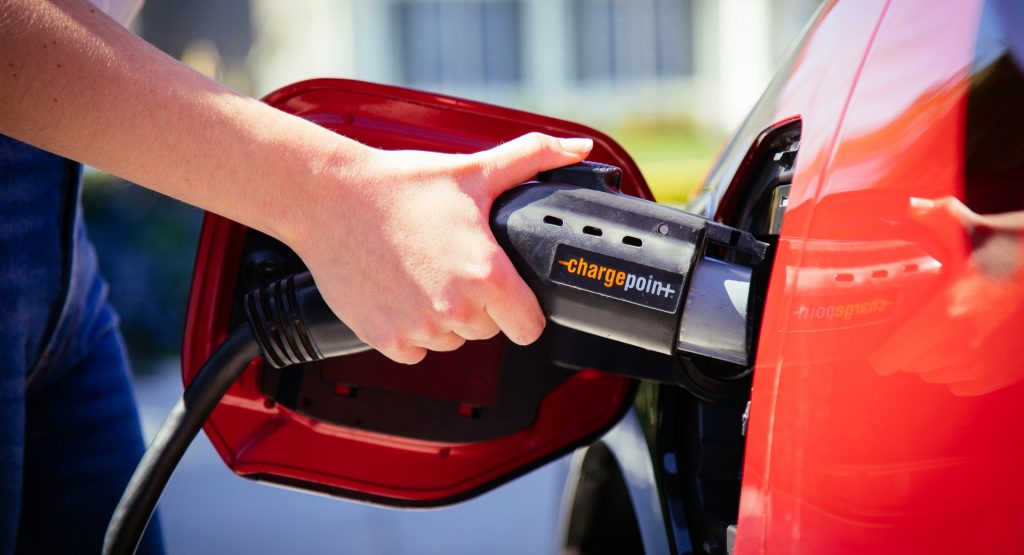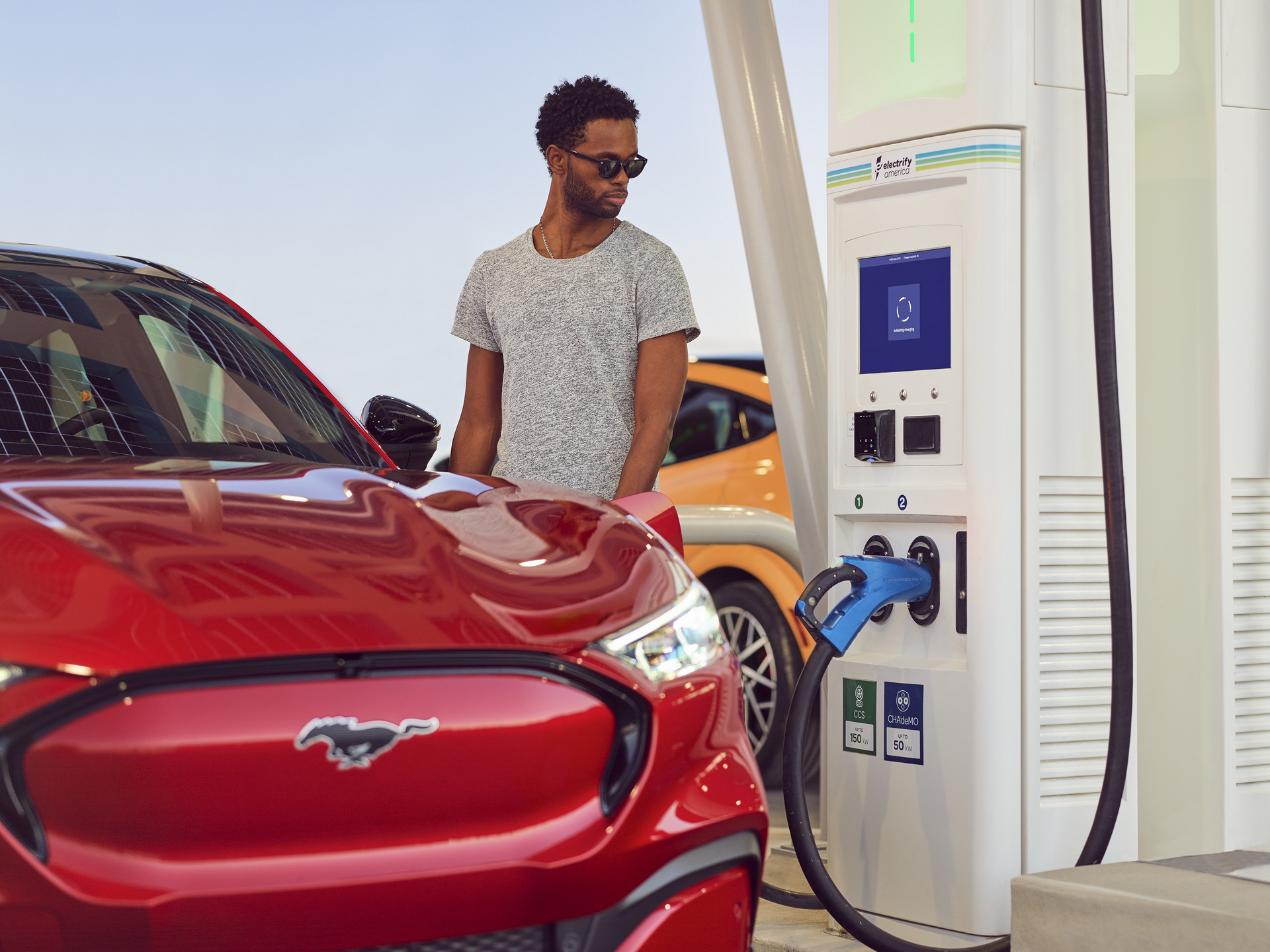Earlier this week, the US Department of Transportation granted approval for new electric vehicle charging station plans submitted by all 50 states, Washington D.C. and Puerto Rico, as part of an ambitious federal funded program to install charging stations along 75,000 miles of the interstate system.
Earlier in the year, the Biden administration allocated $5 billion over a five-year period to fund EV chargers along interstate highways under a plan entitled the National Electric Vehicle Infrastructure Formula Program and required states to submit their proposals for development. These proposals have now been approved and states immediately gain access to $1.5 billion to start on their programs.
The White House has allocated approximately $135 billion in funding towards EV development and has set a goal of making EVs account for 50% of new vehicle sales by 2030, as part of a broader commitment to cut emissions in half by 2030 and reach net-zero emissions by 2050. A major segment of this plan is to ensure the construction of 500,000 EV chargers nationwide by 2030, as reported by CNBC.
Read Also: US Government Needs 100,000 Charging Stations To Go EV-Only, Currently Has Just 1,100
“America led the original automotive revolution in the last century, and we’re poised to lead in the 21st century with electric vehicles”, said Transportation Secretary Pete Buttigieg, quoted by the Associated Press. He went on to say that these plans will “help ensure that Americans in every part of the country — from the largest cities to the most rural communities — can be positioned to unlock the savings and benefits of EVs.”
This program is part of the administration’s push to make EVs broadly acceptable by the buying public, which still maintains justified skepticism due to concerns about range and the availability of charging infrastructure, particularly in more rural areas. BEVs still make up only 5 percent of the new car market, up from 2 percent in 2021, and so far tend to be mainly purchased by affluent, urban buyers. This plan, which intends to build chargers every 50 miles along the entire interstate system, may go some way towards easing buyers’ concerns.










